The Secret of Essential Oils
Organic essential oils may seem like a few tiny droplets within an ocean of natural ingredients, but the cleaning process wouldn’t be complete without them. Eucalyptus, lemon, peppermint…each of these oils play a vital role in improving the well-being of your home as well as your body.
What Makes Essential Oils So “Essential”
The extraction and distillation of a plant’s natural oils has been a known practice for several centuries, dating back to the ancient culture of the Egyptians and spanning across the historical globe (from India to Greece, the Chinese empire to the Arabian empire). The holistic benefits of essential oils are considered a non-toxic, non-harmful method through which medicinal healing, aromatherapy, and hygiene can be easily met. Here are just a few reasons why essential oils are still around today:
- Oils are said to go hand-in-hand with holistic healing practices, ranging from treatments of skin rash to the relief of migraines and muscular pain.
- The use of oils for their scent, referred to as aromatherapy, is also a popular practice, where they are infused into lotions and vaporizers for a desired effect (relaxation, stress relief, etc).
- Essential oils promote good hygiene and can be used in almost every corner of the household (including the washing machine, vacuum, dishwasher, carpet, shower, etc.).
Organic essential oils are considered superior to non-organic oils because the plants of origin were grown without pesticides or GMOs (genetically modified organisms); this, in turn, produces a less toxic and more “pure” oil. The Purple Fig is proud to use organic essential oils in all of our eco-friendly formulas!
Click here to read the plethora of essential oil uses- be it for aromatherapy, for making chores more enjoyable, or for self-healing.
The Aromatherapy Fad, and How to Shop Smart
Once you decide to purchase your first bottle of essential oils, a gauntlet of choices seems to materialize out of the woodwork. Which oil does what best? Is one brand better than another? Does price matter from oil to oil? Where does each oil come from…? These are all important questions when picking your oils, so here are a few pre-purchase guidelines to help along the way.
Rule #1: Know what you want before you shop
There are hundreds of essential oils in the world, and thousands of recipes available for specific treatments and ailments…but it’s recommended to start with the basics. One or two oils should do for beginners (common examples are Sandalwood and Lavender), to avoid overwhelming yourself with ingredients. Visit Aura Cacia‘s site to learn about each oil and its basic function!
Rule #2: Be Wary of False Advertising
Many manufacturer’s are becoming aware of the appeal of essential oils, and instead of extracting oils naturally, choose to artificially recreate scents for cosmetics, perfumes, and name-brand commercial pug-ins. Most of these are easy to spot, being relatively cheap and identifying themselves as “fragrance” rather than oil. Some companies, however, market their product as a pure essential oil…but the oil has been tainted with synthetic chemicals as well. Bottom line: it’s best to research the brand before you whip out the credit card.
Rule #3: Know the origin of the oil
One way to test the authenticity of a brand is to research the country of origin for each oil. Each essential oil hails from a specific country of origin, and knowing this information could prove helpful in the long run.
More Essential Oil Tips
- Crunchy Betty studies 21 facts about essential oils, ranging from the science behind the product to safety precautions.
- The Hippy Homemaker investigates the best (and worst) essential oil brands in this comprehensive article.
- AromaWeb shares expertise on the art of bottling and storing your oils.
Happy shopping!
